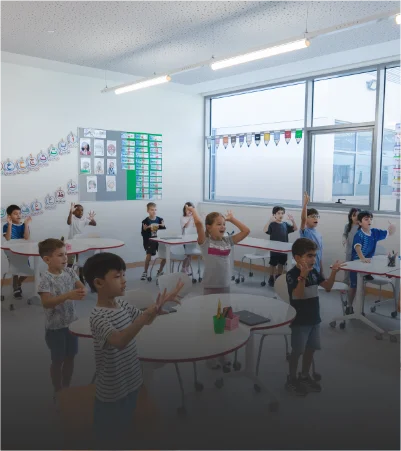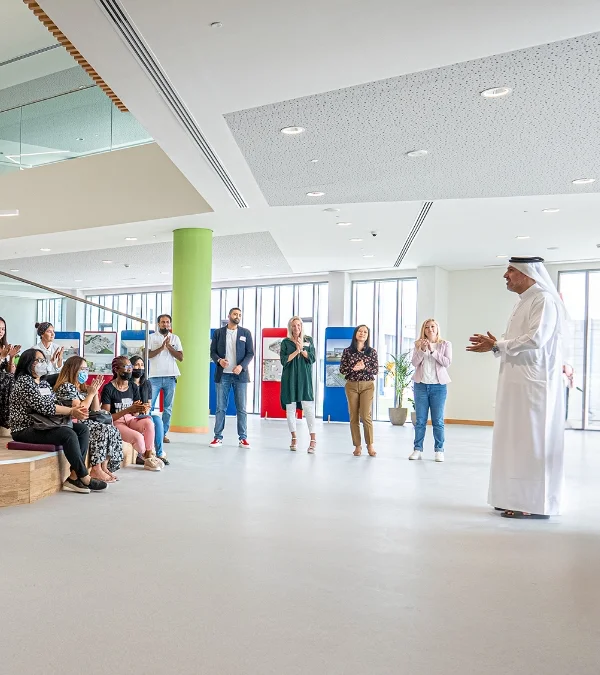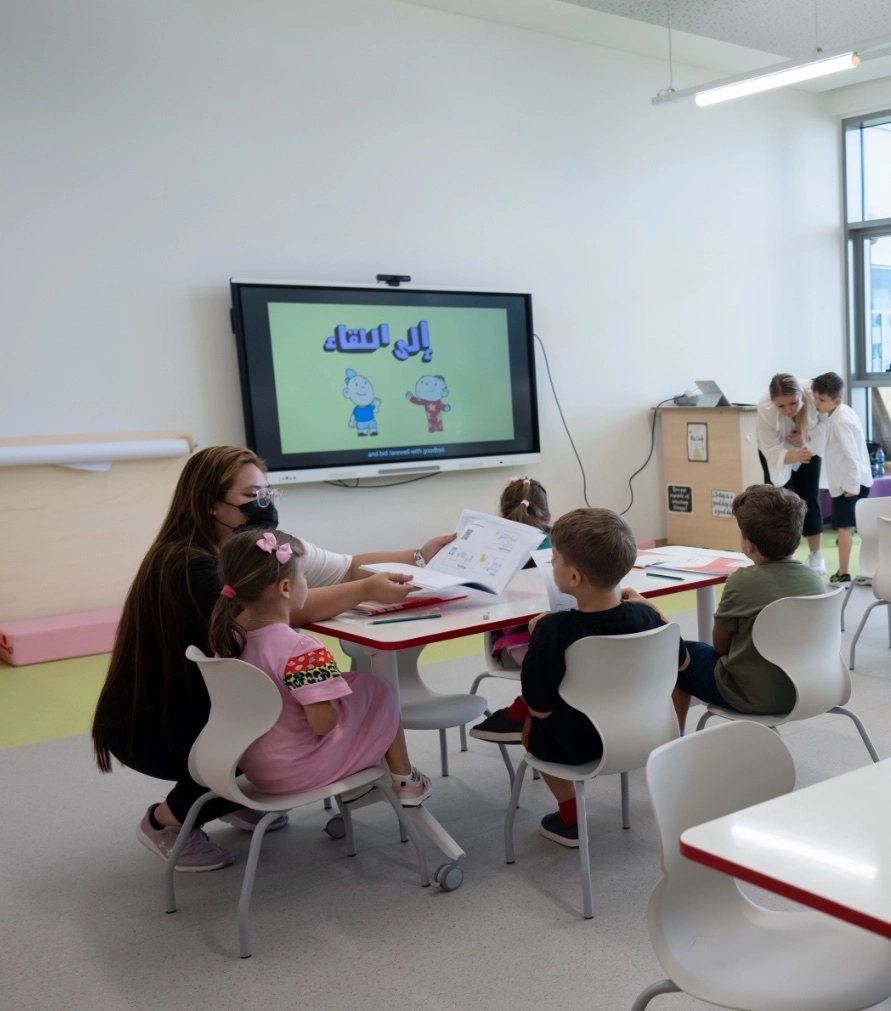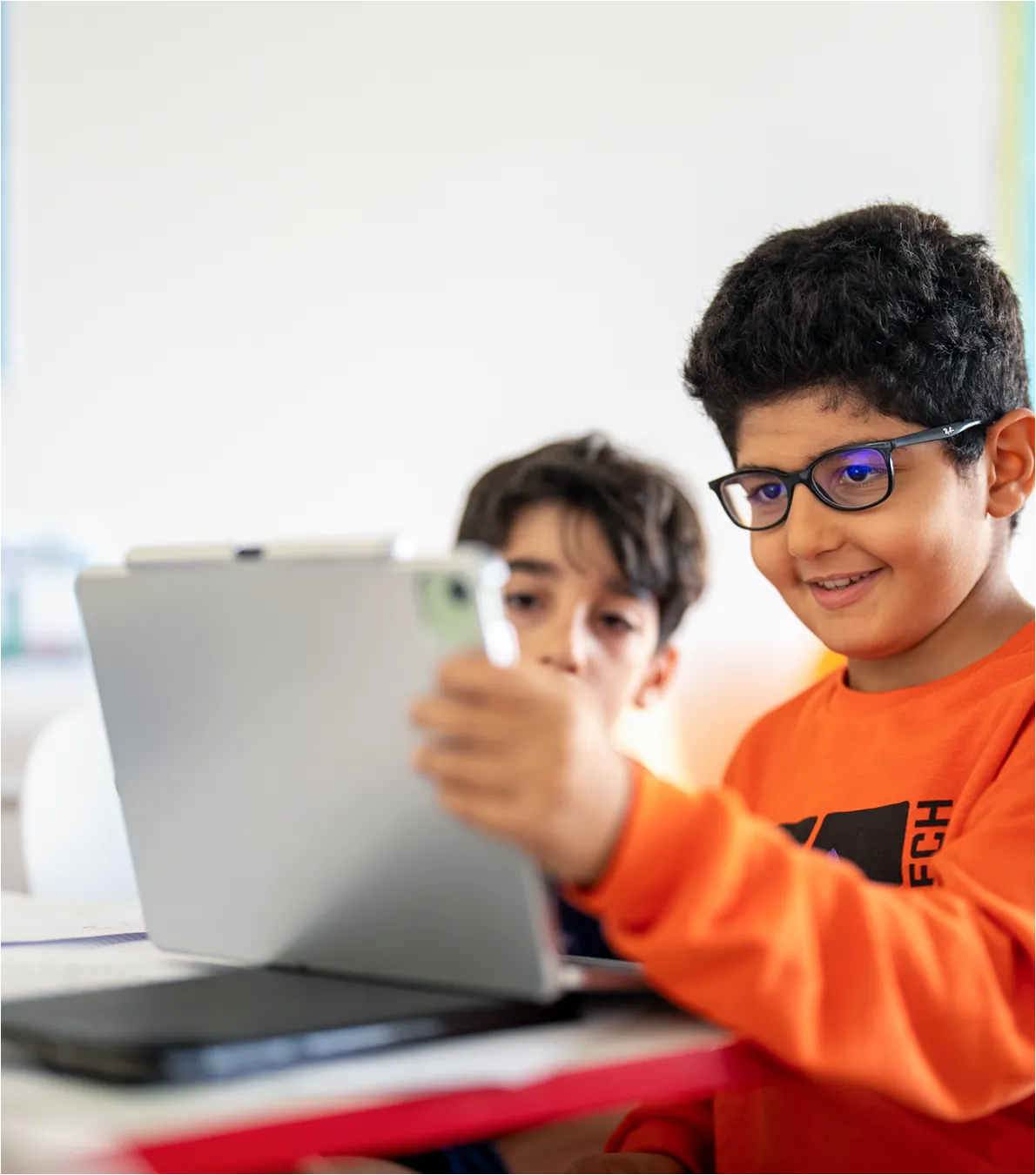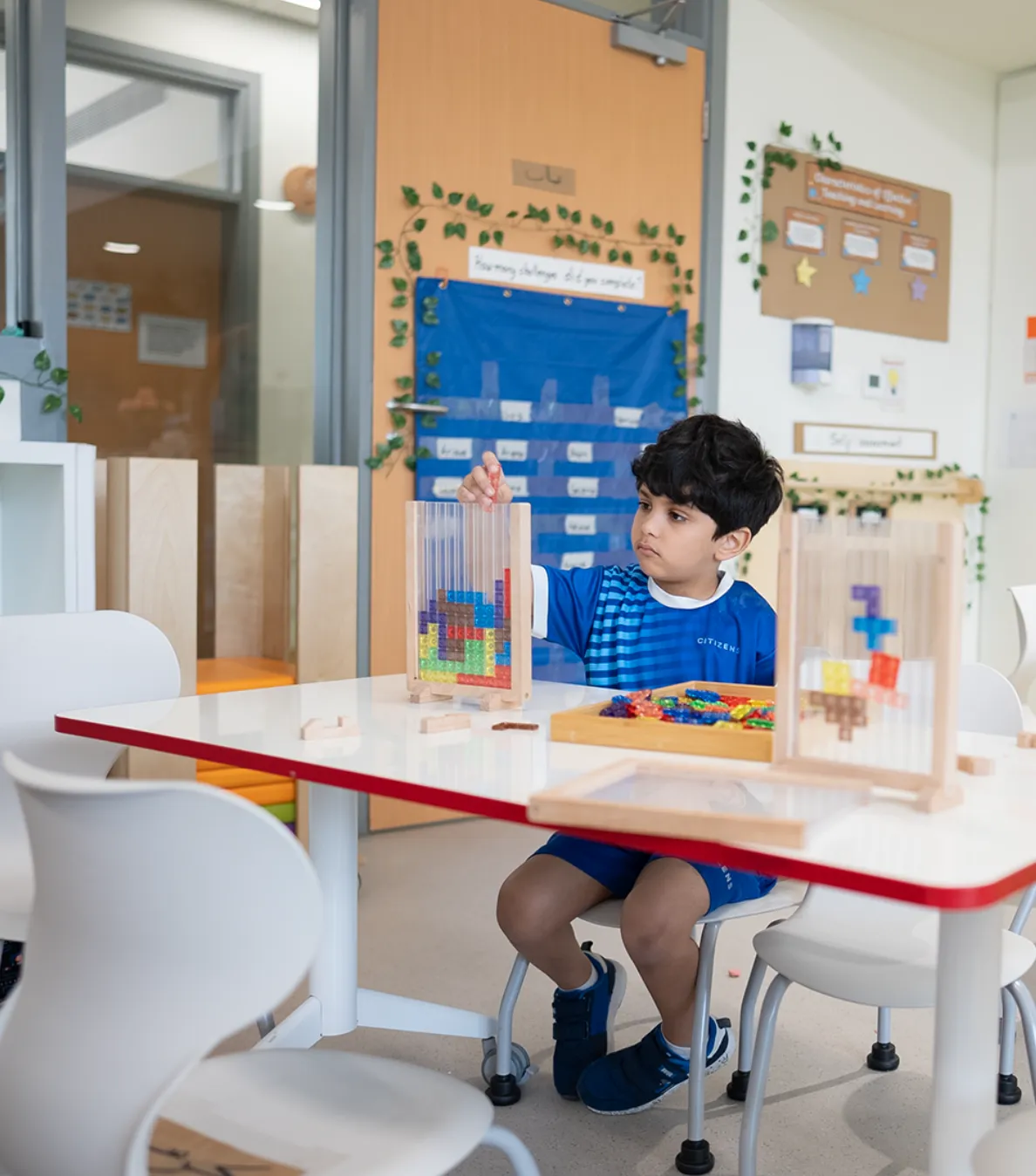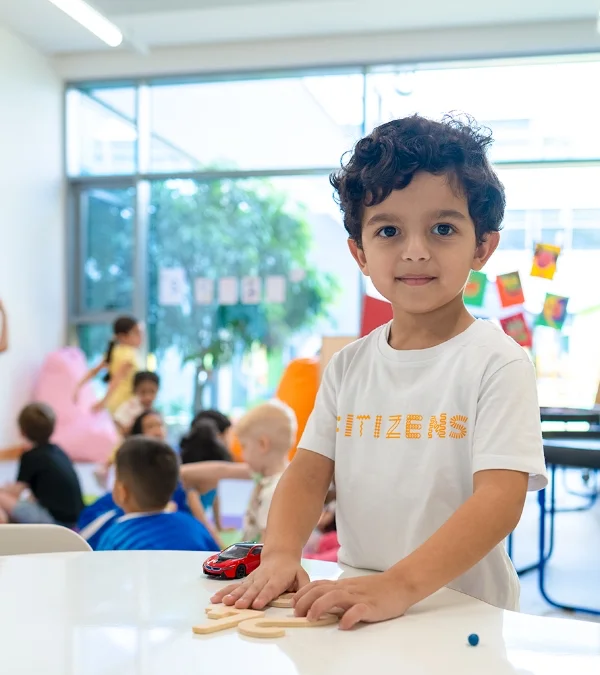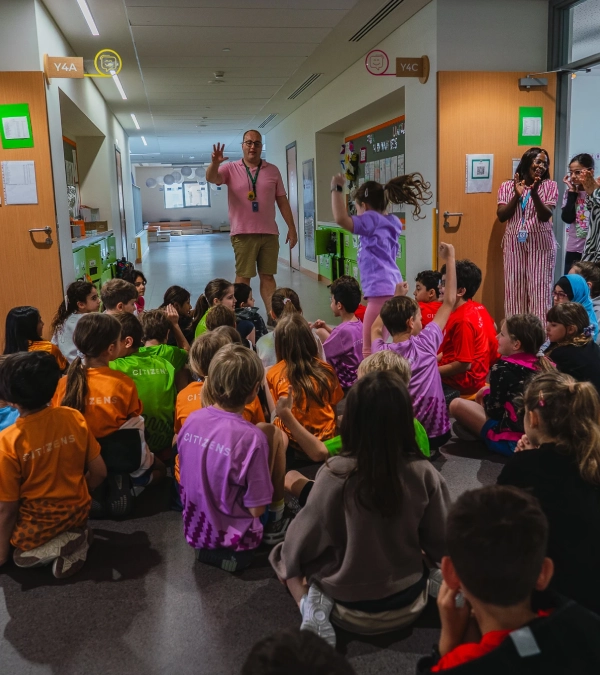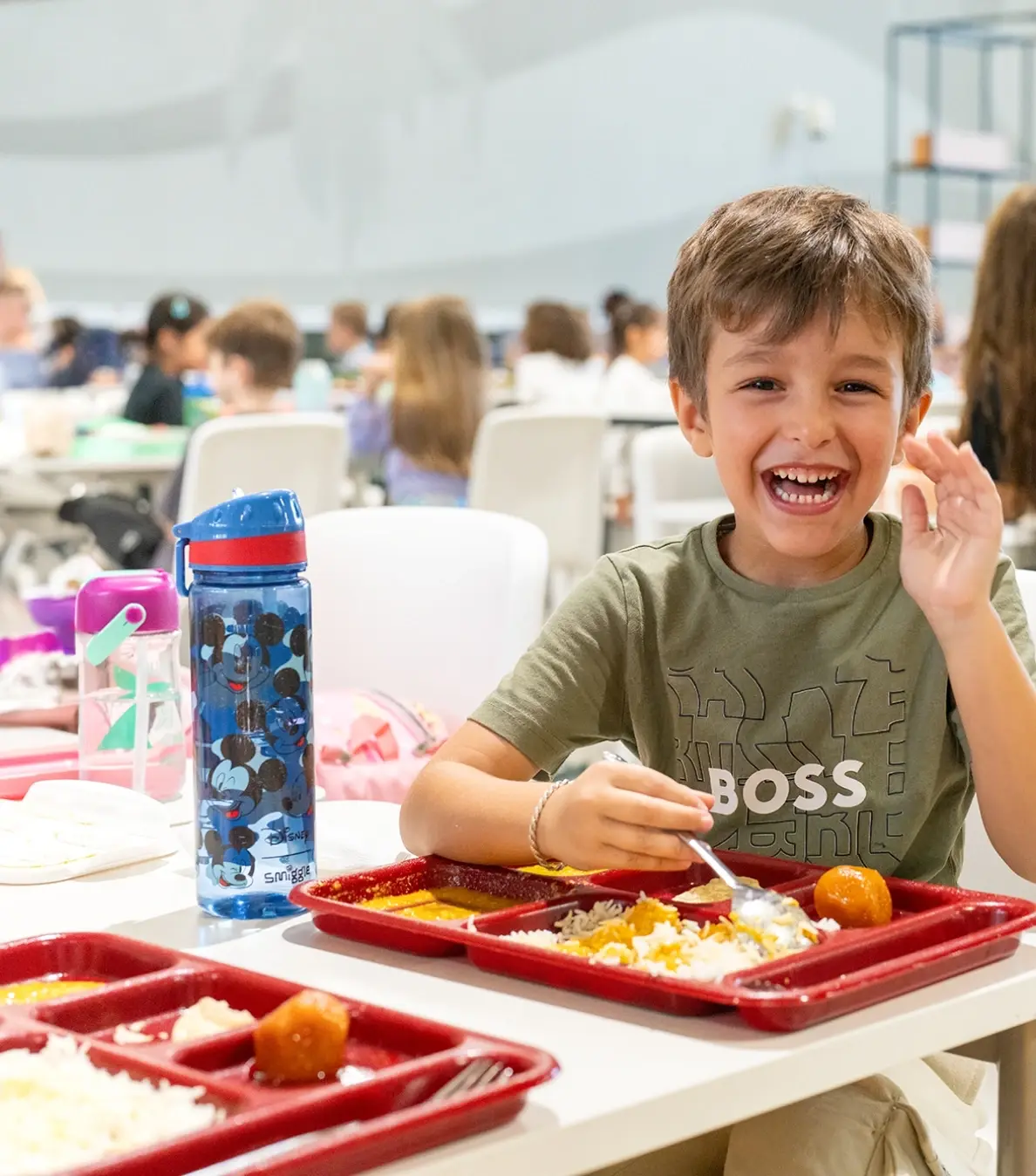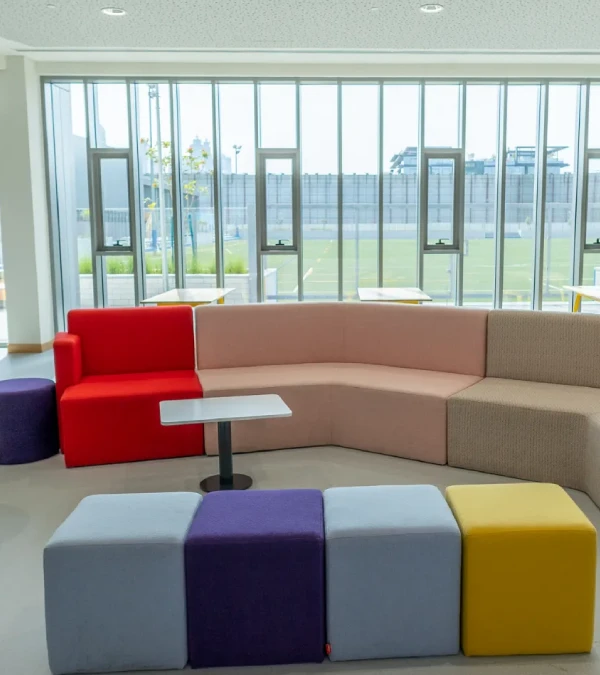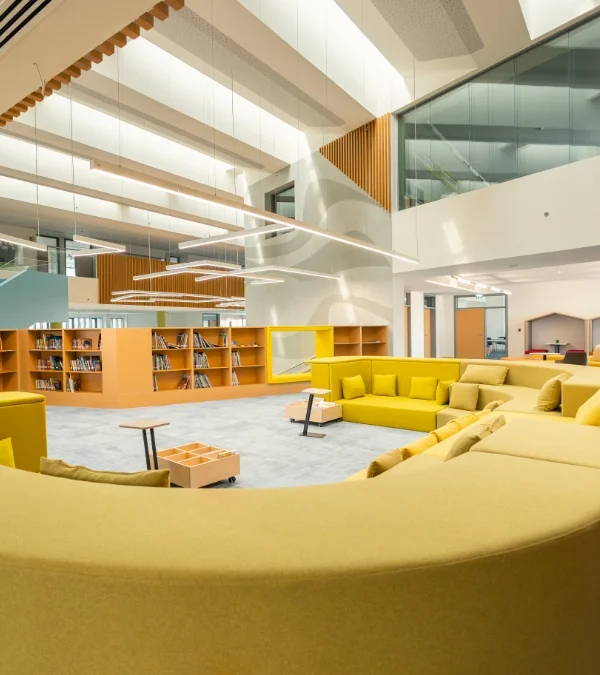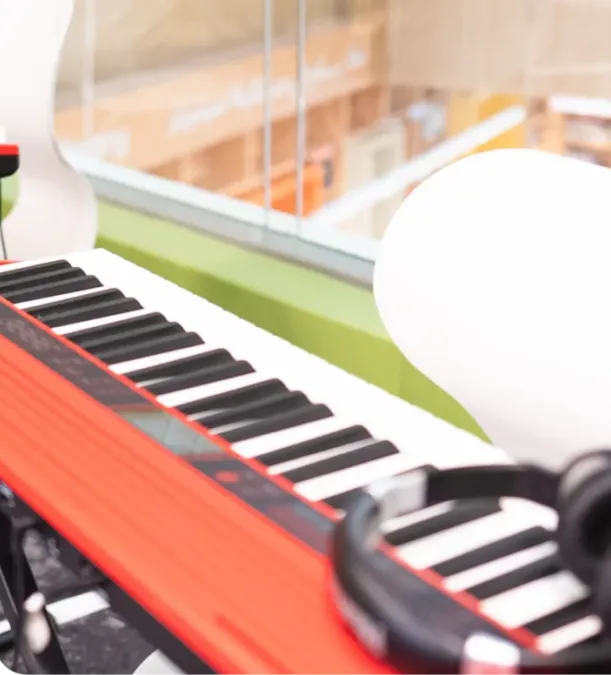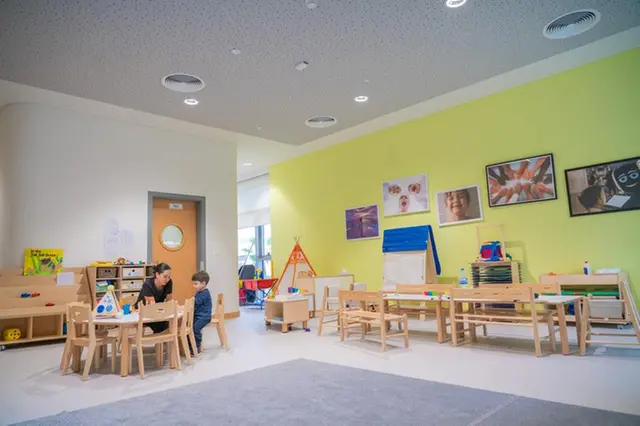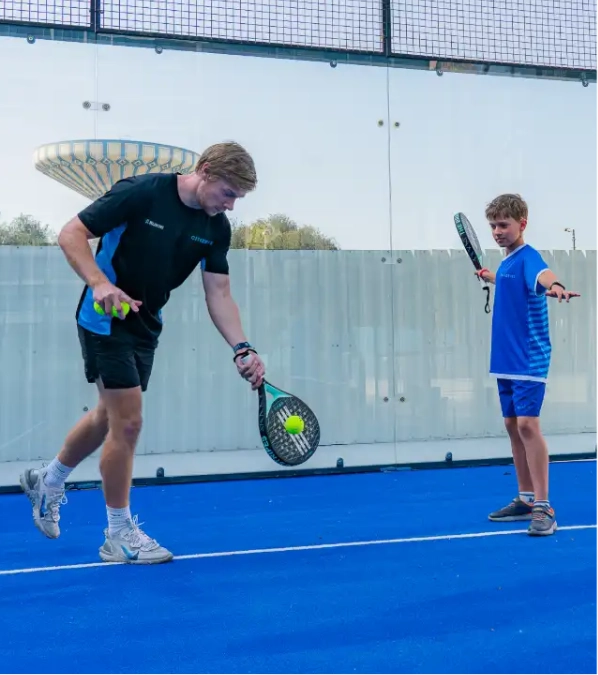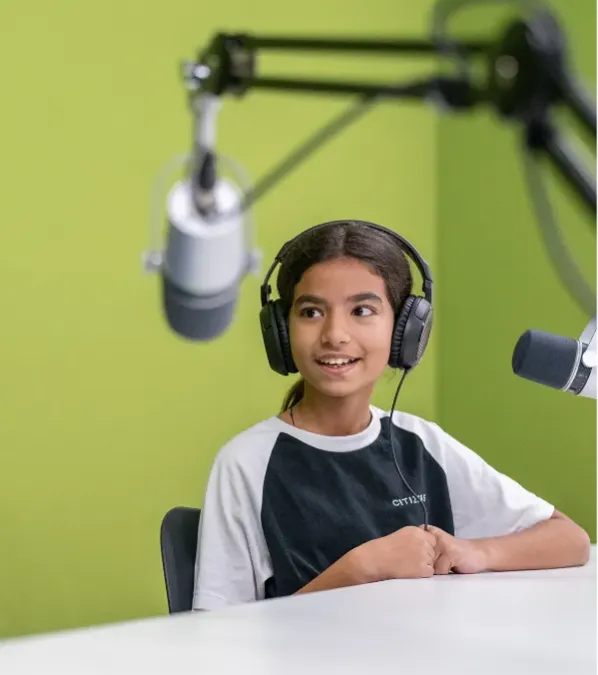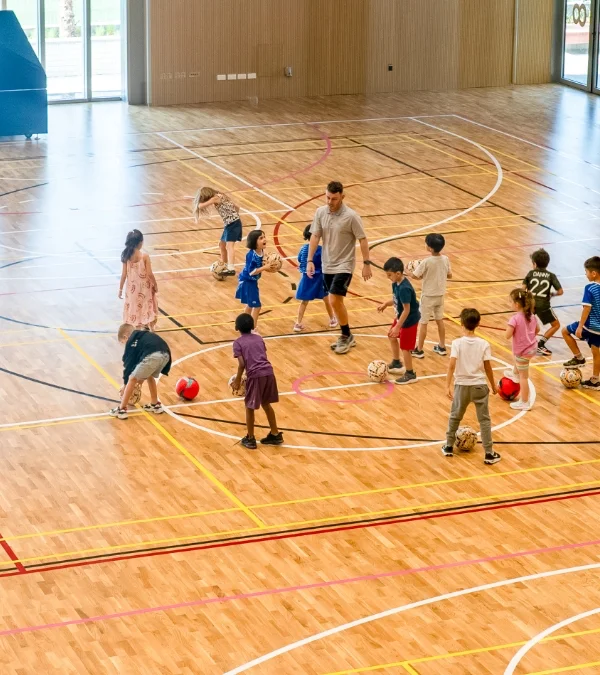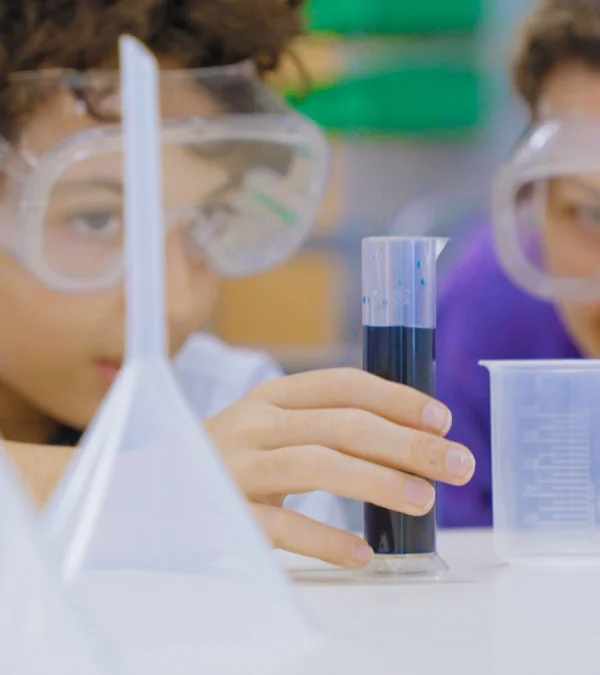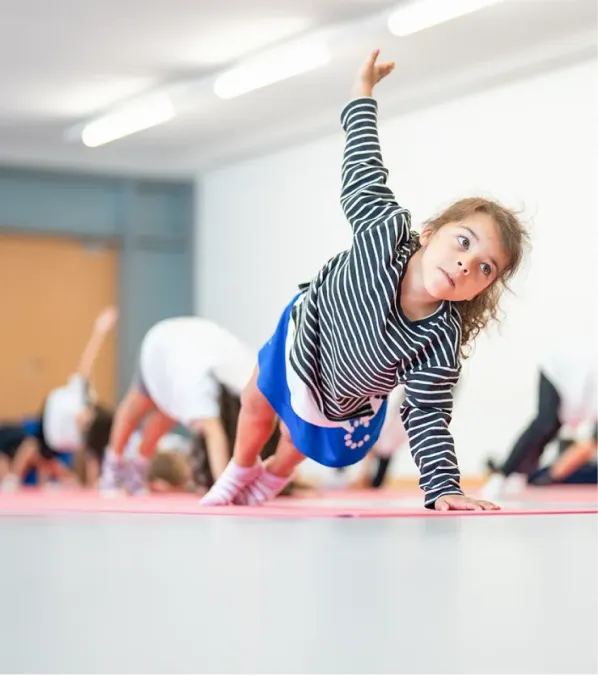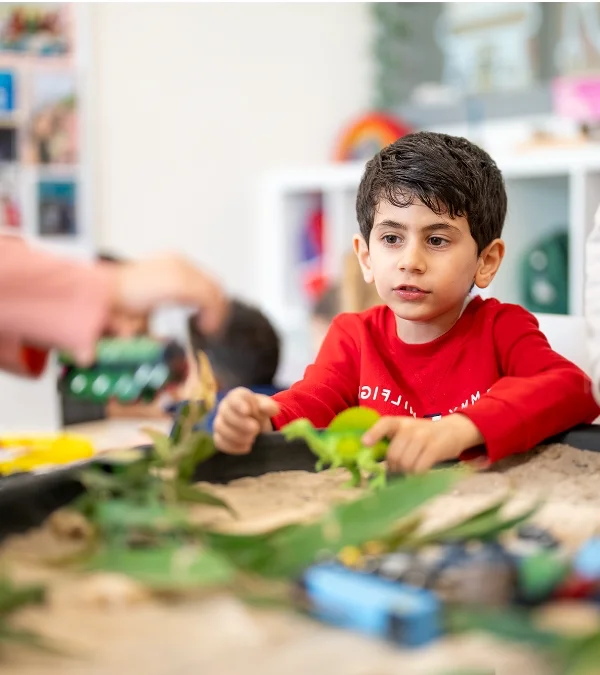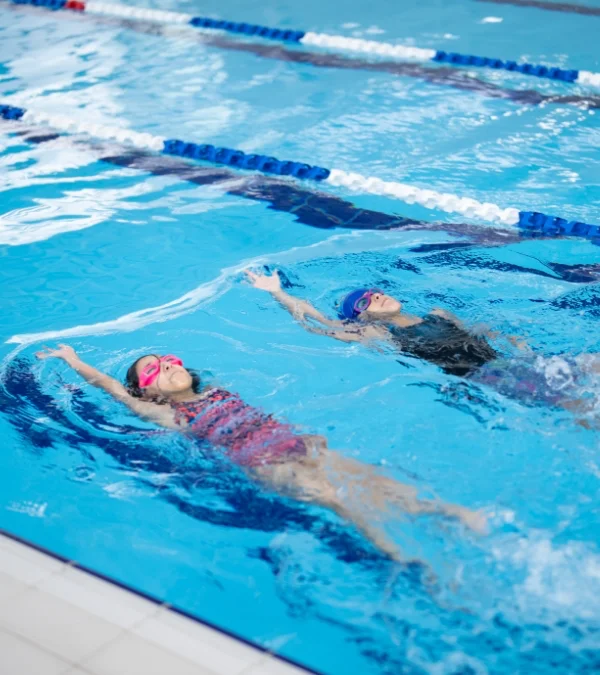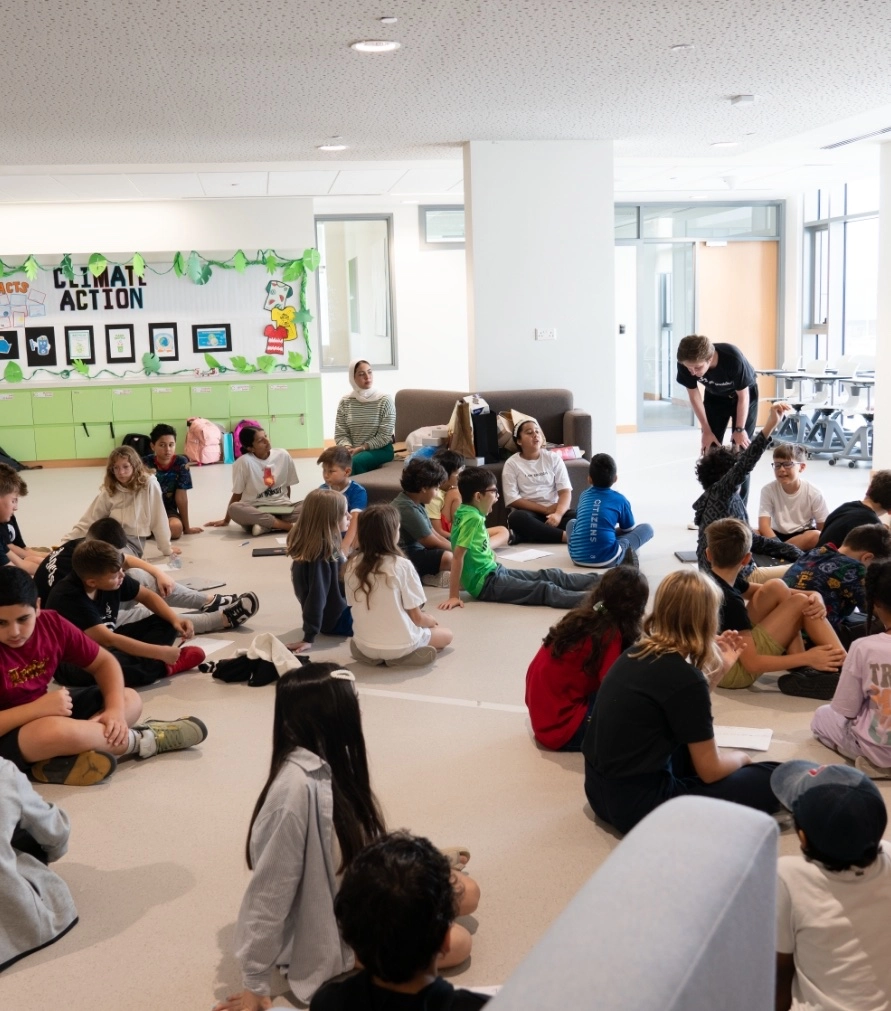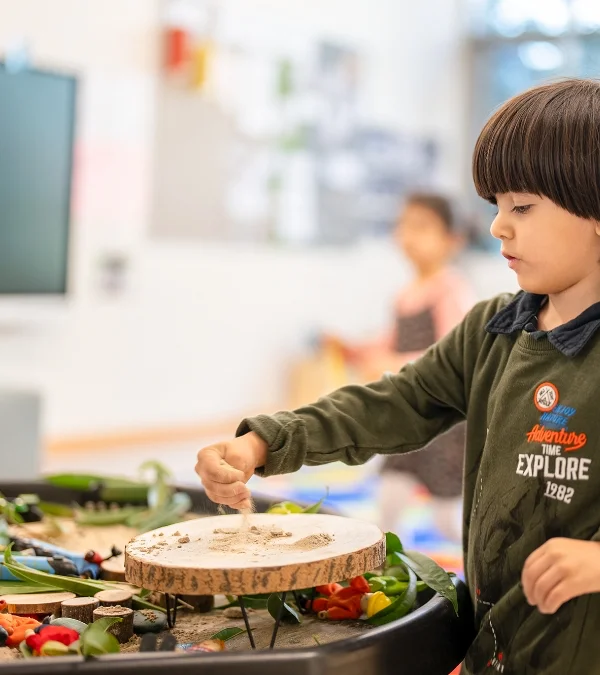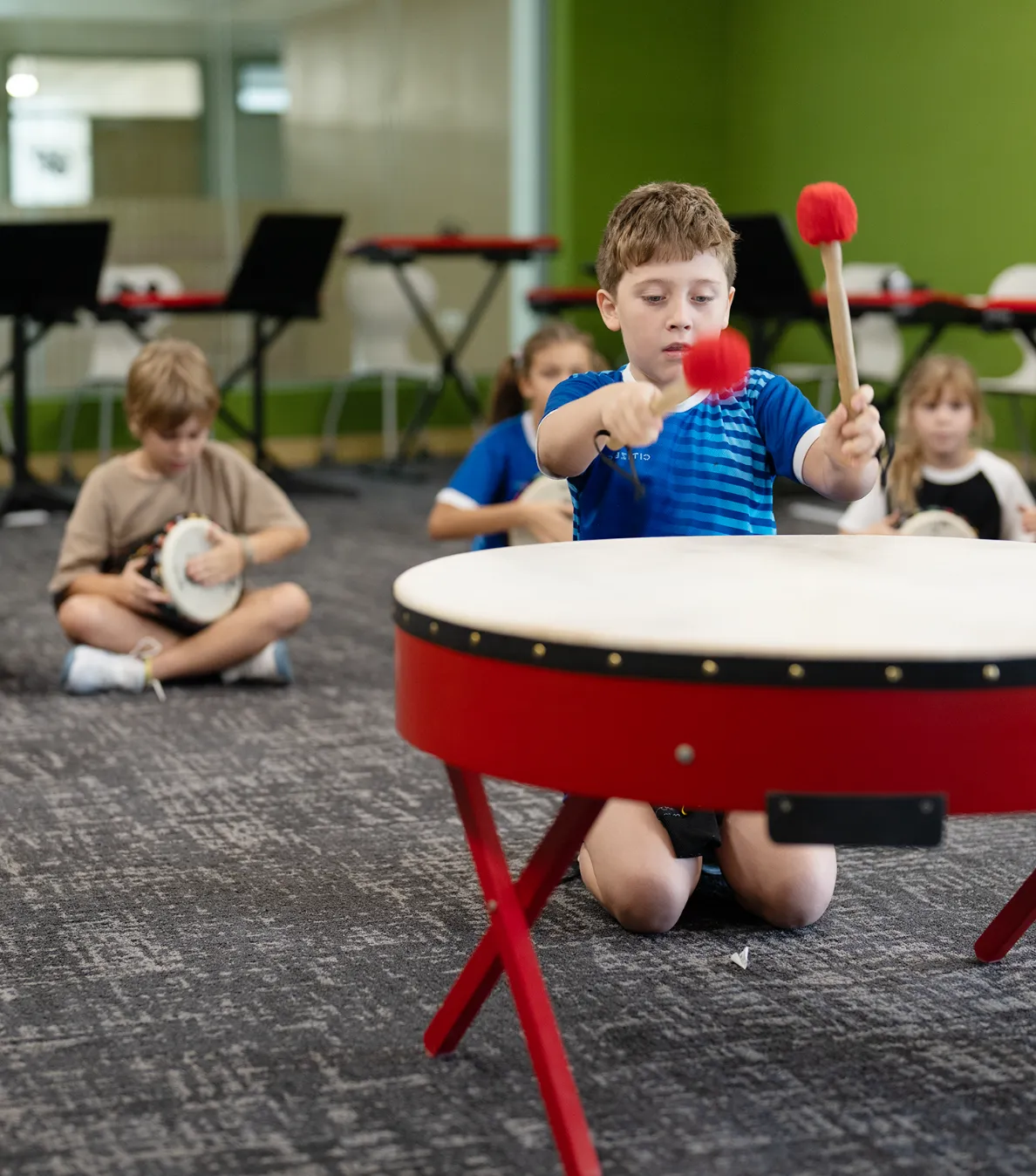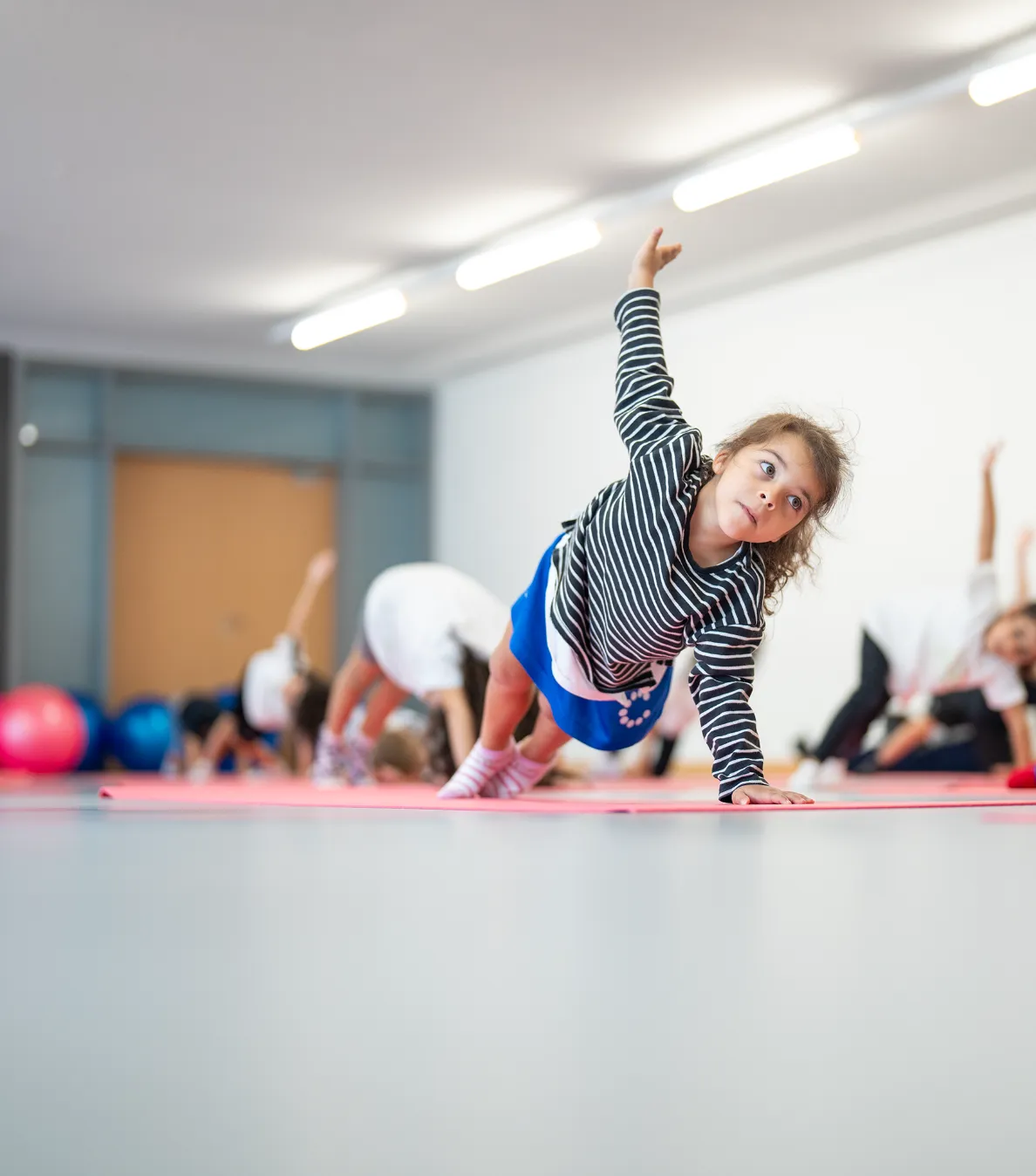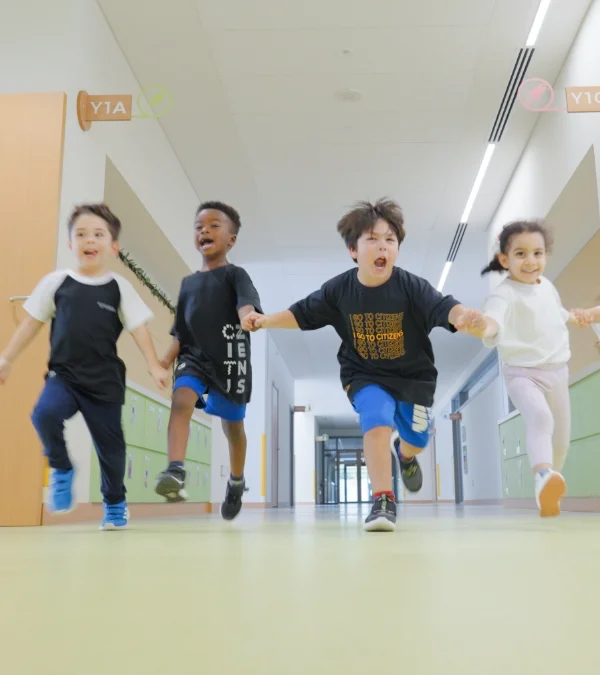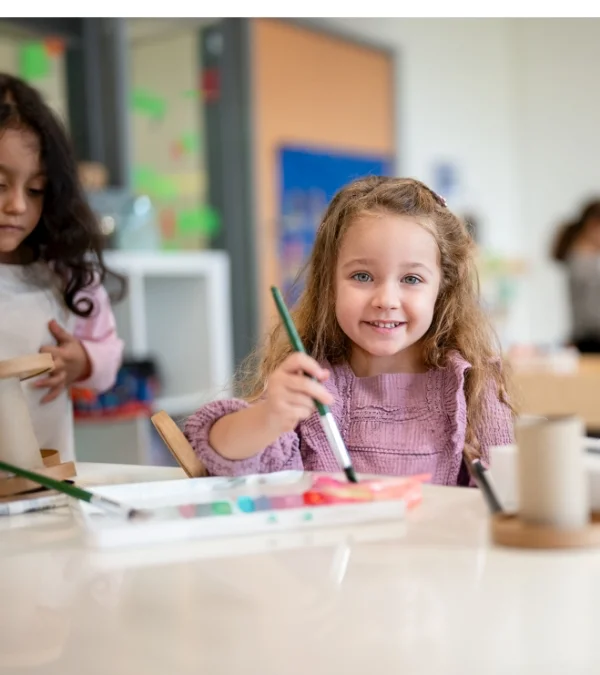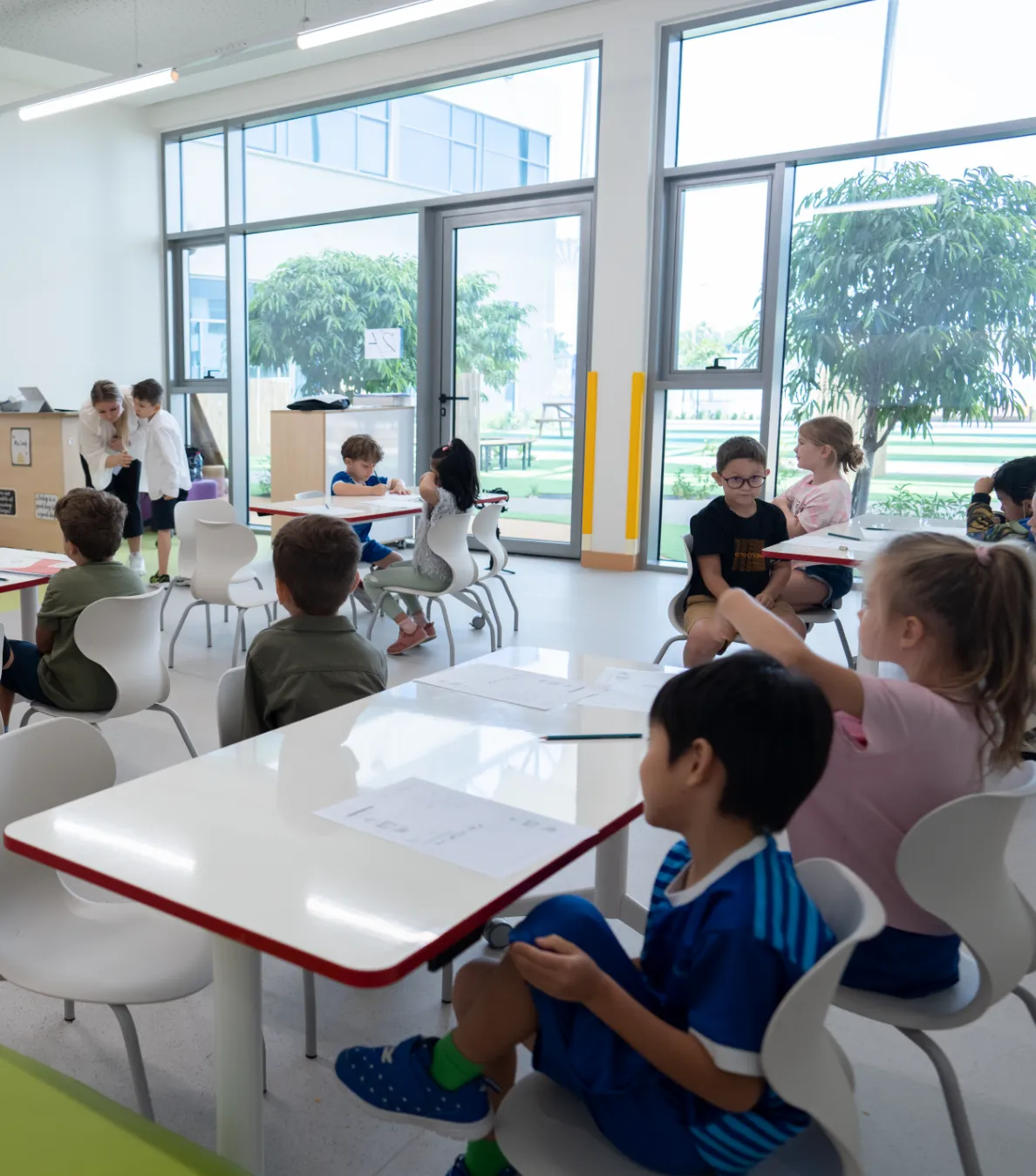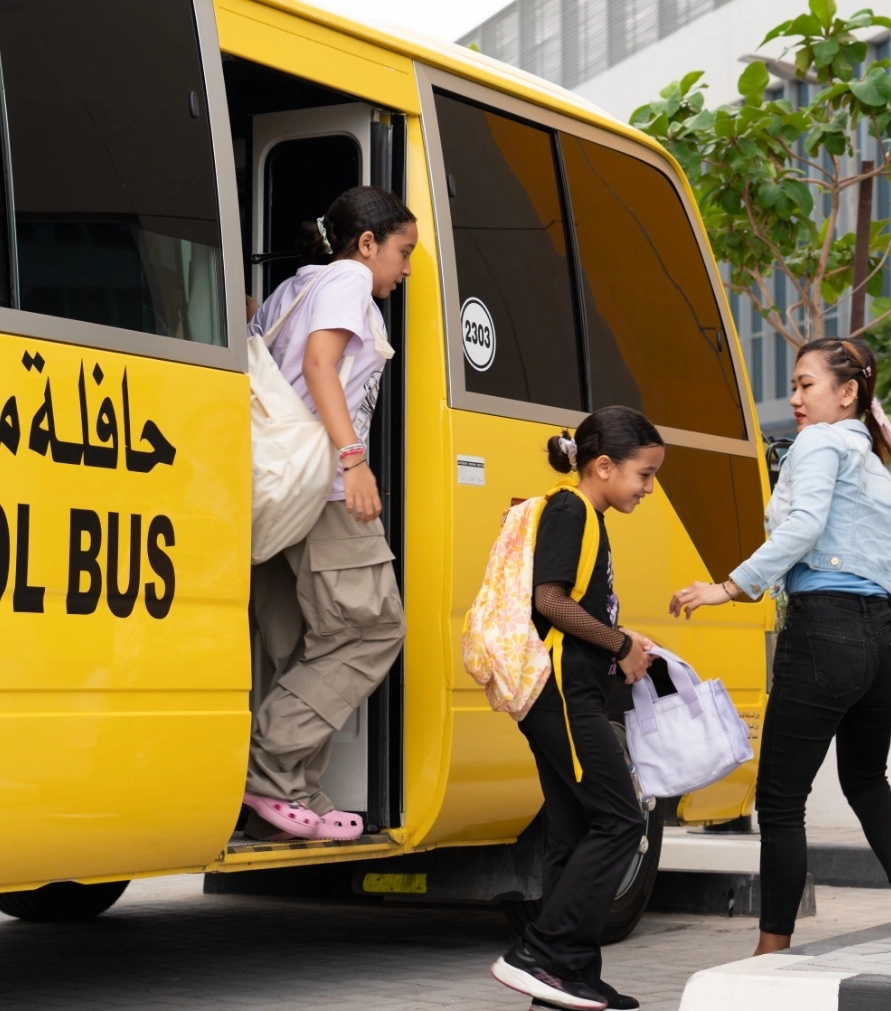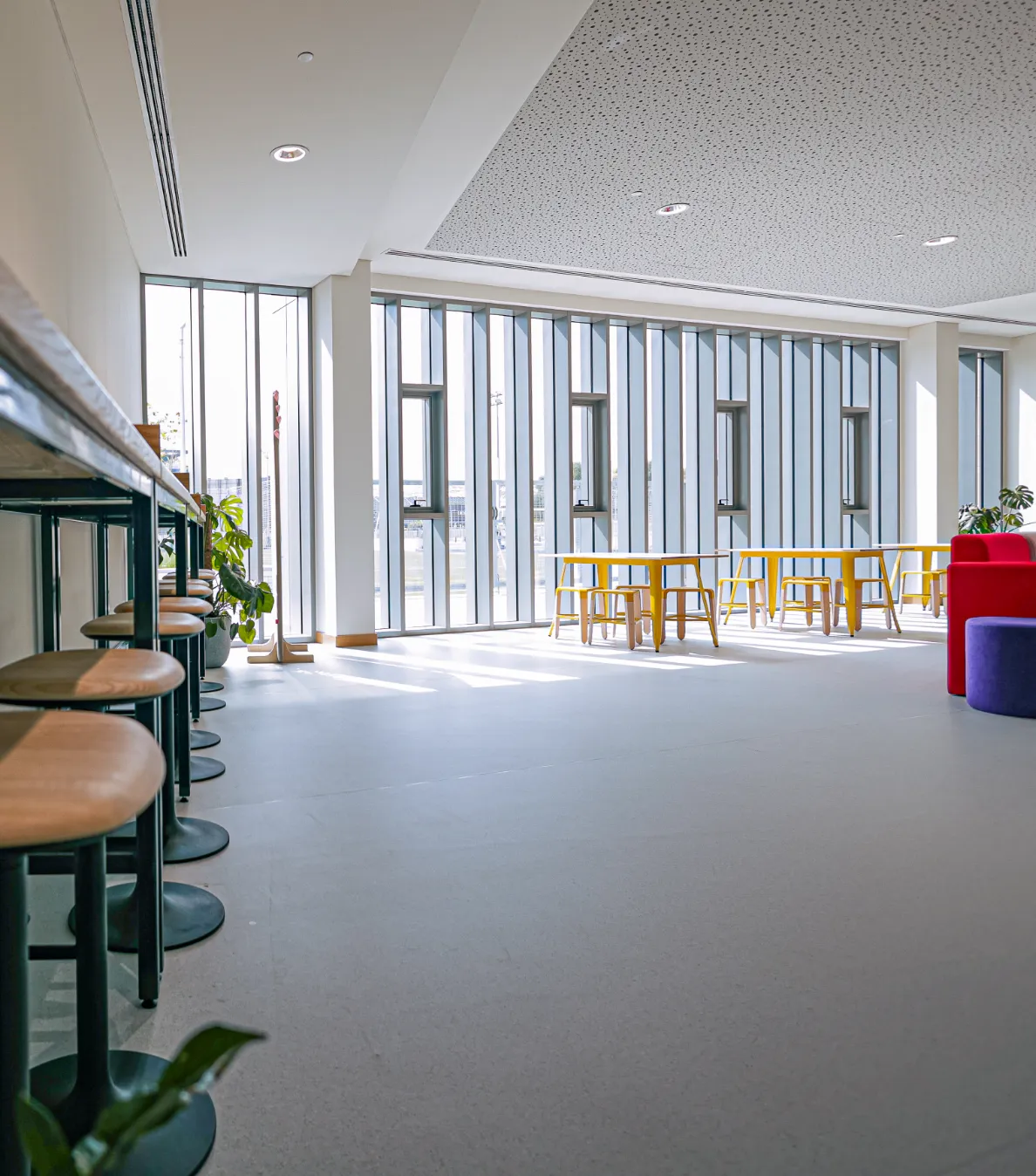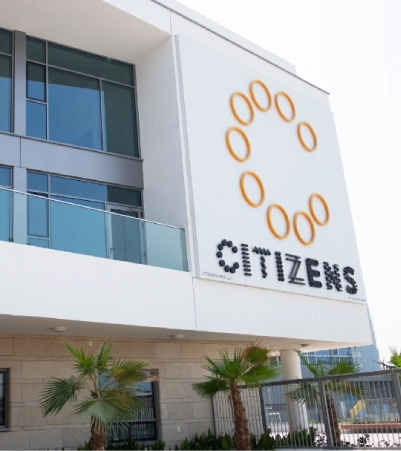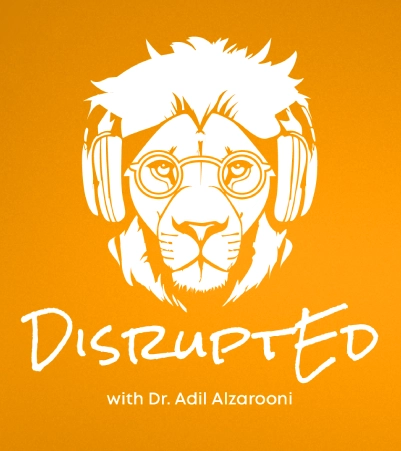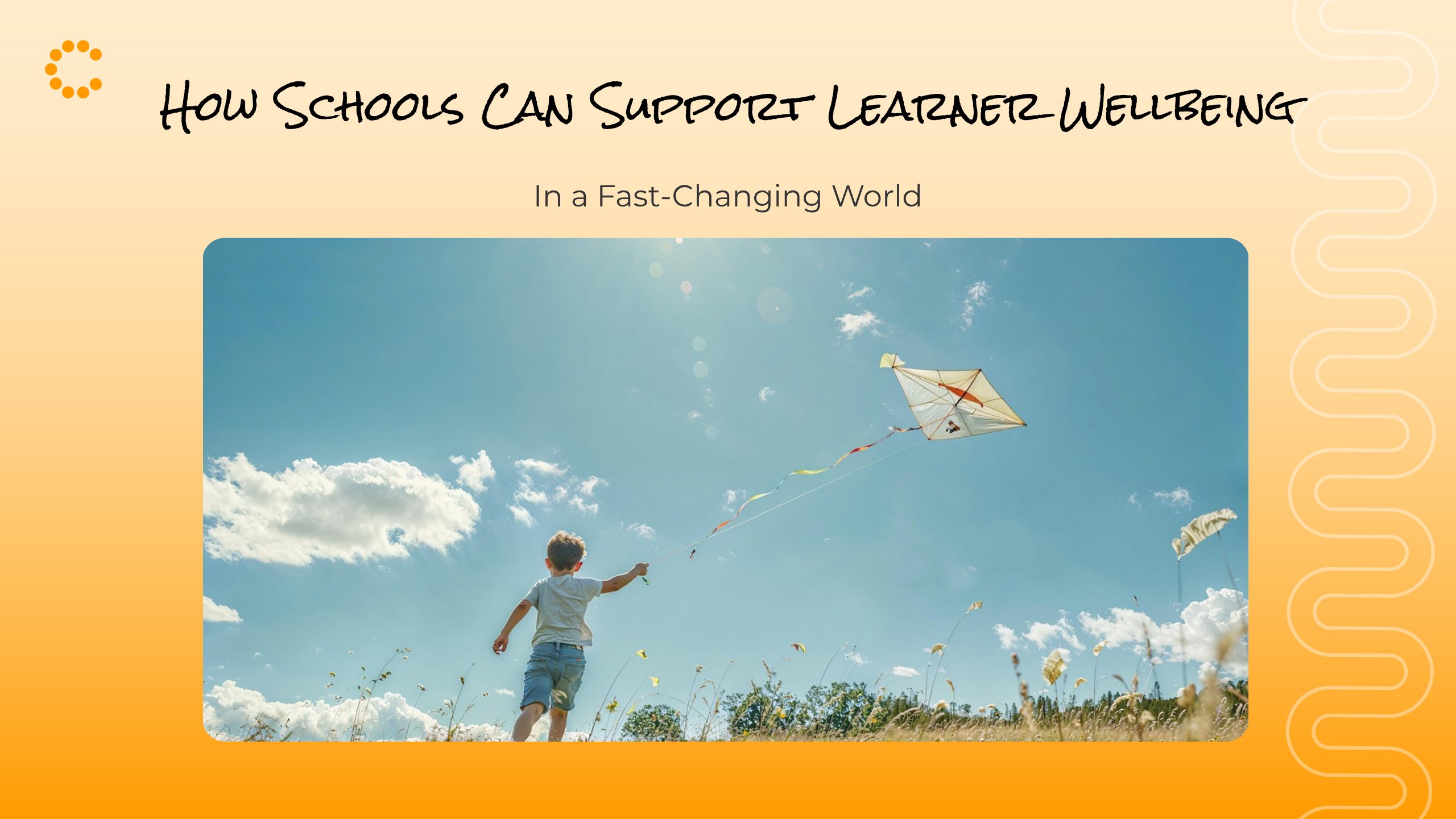
How Schools Can Support Learner Wellbeing in a Fast-Changing World
Children today are growing up in a world of rapid change. Advancements in technology, increasing academic expectations, social pressures, climate concerns, and global events are reshaping how young people experience childhood. These rapid shifts have a direct impact on their emotional, social, and physical health.
A recent study about anxiety-based disorders in the UAE revealed that 28% of school-aged adolescents experience anxiety-related disorders, well above global averages. Depressive symptoms affect 17% to 22% of youth, with up to one in three South Asian and one in five Emirati adolescents reporting such experiences.
The message is clear: learner wellbeing in Dubai schools is not optional, the foundation for thriving. When learners feel emotionally balanced, physically healthy, and socially connected, they learn more deeply, grow stronger and prepare for life, not just academic success.
Understanding Wellbeing in Schools
Wellbeing in schools must be seen through a holistic education lens. It goes beyond supporting children’s mental health to encompass emotional stability, physical health, and social belonging. A learner who feels safe, supported, and valued is more likely to engage deeply with academics and creative pursuits.
Studies highlight that positive wellbeing improves concentration, problem-solving skills, and academic outcomes. When children thrive emotionally and socially, they build the resilience needed to face challenges with confidence.
At Citizens School, this philosophy is embedded in daily practice: thriving learners are happy learners. Wellbeing is integrated into every aspect of school life so that children are prepared not just for tests, but for the future.
Challenges Today’s Learners Face
Children today are growing up in an environment shaped by rapid academic, technological, and social change. While these shifts present opportunities, they also generate significant pressures that negatively affect wellbeing.
- Academic competition continues to intensify, with learners often expected to excel across multiple disciplines.
- Digital overload and the influence of social media contribute to anxiety, sleep disruption, and feelings of inadequacy. Nearly 1 in 7 adolescents globally experiences a mental health disorder, often linked to digital exposure.
- Reduced unstructured play and limited outdoor activity hinder physical health and creativity.
- Peer pressure and identity struggles add complexity to adolescence, often affecting self-esteem and belonging.
These challenges often overlap, making school-based mental health support essential.
How Schools Can Actively Support Wellbeing
Supporting learner wellbeing requires more than isolated programmes; it demands a whole-school culture where every child feels safe, valued, and equipped to handle challenges. Schools that integrate wellbeing into daily learning, relationships, and routines see long-term benefits in both academic outcomes and personal growth.
A. A Safe, Inclusive, and Supportive Environment
The foundation of wellbeing is safety. Schools must implement strong anti-bullying policies and cultivate an atmosphere where every learner feels accepted. At Citizens School, the principle Everyone Known & Known Well ensures that no learner is invisible. By fostering smaller communities within the school, learners build stronger bonds and feel genuinely recognised.
Peer mentoring programmes and buddy systems can further reinforce a sense of belonging, helping younger or vulnerable learners navigate challenges with guidance from peers.
B. Embedding Wellbeing into the Curriculum
Wellbeing should be part of the learning journey. Lessons in mindfulness, stress management, and emotional regulation equip learners with tools to navigate pressures.
Inquiry-based learning reduces rote memorisation stress while encouraging curiosity and creativity. Schools that prioritise arts, music, and sports also give learners constructive outlets for self-expression, which supports children’s mental health as much as academic growth.
C. Strong Mentor-Learner Relationships
Mentors are often the first to notice when something is wrong. Training educators in emotional intelligence and active listening enables them to recognise early signs of stress or disengagement.
Regular one-on-one check-ins create safe spaces for learners to share concerns. Such practices build trust, making learners more likely to seek help when needed.
D. Balanced Technology Use
Technology is integral to modern education, but its overuse can be harmful. Schools can guide learners towards healthy online habits through structured digital literacy programmes.
Practical measures, such as scheduled screen-free times during the school day, remind learners of the value of face-to-face interaction and physical activity. Balancing digital and offline learning helps in building resilience in Dubai kids.
The Role of Parents in Supporting Wellbeing
While schools lay the foundation for wellbeing, parents play an equally critical role in reinforcing it at home. A strong partnership between families and schools ensures that children receive consistent support across environments.
- It is crucial to maintain open communication and encourage children to express their feelings.
- Supporting balanced routines that include adequate rest, play, study, and social interaction is crucial.
- Acting as role models for managing stress, practising self-care, and maintaining digital discipline.
By combining these, parents can nurture an environment where strategies for learner wellbeing become a shared responsibility and children feel supported both inside and outside the classroom.
Collaborating with the Wider Community
Connecting with the broader community strengthens a school’s efforts. Inviting mental health professionals for workshops can equip learners and parents with practical strategies.
- Partnerships with mental health professionals: Inviting psychologists, counsellors, and child development experts for workshops provides mental health support to Dubai learners.
- Engagement with sports and arts organisations: Research consistently shows that physical activity and creative outlets not only improve emotional health but also enhance focus and self-confidence. In Dubai, partnerships with community sports leagues and cultural institutions make these opportunities more accessible.
- Nature and sustainability programmes: Exposure to nature has been shown to reduce stress and boost overall well-being. Schools that collaborate with environmental organisations on gardening projects, clean-up drives, or sustainability initiatives connect learners with nature while fostering responsibility toward their surroundings, supporting holistic education. This aligns with the UAE’s focus on sustainability as part of its Vision 2031.
- Community service and social impact: Engaging learners in service projects instils empathy and a sense of purpose. Experiences such as volunteering with local charities, supporting refugee communities, or participating in neighbourhood initiatives broaden children’s perspectives, a key to supporting children’s mental health.
Citizens School’s Approach to Wellbeing
Citizens School places wellbeing at the core of its educational philosophy. Their approach integrates resilience, inclusivity, and empathy into every aspect of learning.
Key initiatives include:
1. Support for Learners
Citizens School integrates innovative programs that foster confidence, empathy, and resilience among its learners.
- Reading Dogs: A unique initiative where learners read stories to trained therapy dogs. This fun, low-pressure activity not only nurtures a love of reading but also helps improve fluency and builds confidence in a relaxed environment.
- Big Brother Big Sister Programme: Through this peer mentorship network, older learners (“Bigs”) support younger learners (“Littles”) by spending time together—whether through games, reading, or simple conversations. Littles gain guidance and friendship, while Bigs develop leadership, communication, and decision-making skills. The program strengthens relationships, fosters empathy, and cultivates a sense of belonging.
- Learner Ambassadors Programme: Select learners collaborate with the school’s marketing team, contributing to social media content and learning first-hand about communication and digital marketing. This initiative builds leadership, teamwork, and presentation skills while empowering learner voices.
- Learner Council: The Learner Council gives learners a platform to advocate for their peers. The learners’ council leads awareness assemblies and wellness events, organises peer-to-peer support, and helps improve the school environment. By involving learners in decision-making, the Council promotes accountability, respect, and positive behavioural change.
- Yoga: Recognising the mind-body connection, citizens integrate yoga into their school lives to help learners build mindfulness, reduce stress, and develop lifelong healthy habits.
2. Support for Staff
Citizens School understands that staff wellbeing directly influences the quality of education and community life. To this end, it offers:
- Language Classes (English, Arabic, French): By equipping staff with additional language skills, the school enhances communication with parents from diverse backgrounds and promotes cultural inclusivity.
- Flexi-Day (Paid Wellbeing Day): Staff are encouraged to maintain a healthy work-life balance through flexible work arrangements, including wellbeing days that allow them to recharge and manage personal commitments.
- Coaching and Mentoring in Educational Settings: Citizens invest in continuous professional growth by offering workshops, conferences, and online courses. Trained coaches also provide life coaching sessions, ensuring staff feel supported both personally and professionally.
3. Support for Parents
Wellbeing at Citizens extends to families, creating a collaborative and supportive ecosystem:
- Skill-Building Classes: Parents can participate in art, Arabic, and gym classes, fostering creativity, fitness, and cultural learning.
- Parent-Staff Sports Tournaments: Friendly competitions build camaraderie between parents and staff, strengthening bonds in a fun and engaging way.
- Workshops on Social, Emotional, and Mental Health (SEMH): Led by the school counsellor, these sessions equip parents with practical tools for supporting children’s mental health at home.
Conclusion
The world is evolving at a pace that demands adaptability, resilience, and emotional strength. Schools that prioritise wellbeing give children more than academic skills; they prepare them for life.
By embedding mental health support for Dubai learners, fostering resilience, and cultivating holistic education, schools create an environment where children thrive academically, emotionally, and socially.
At its heart, the mission is simple: a child who feels well is a child who can truly thrive.
